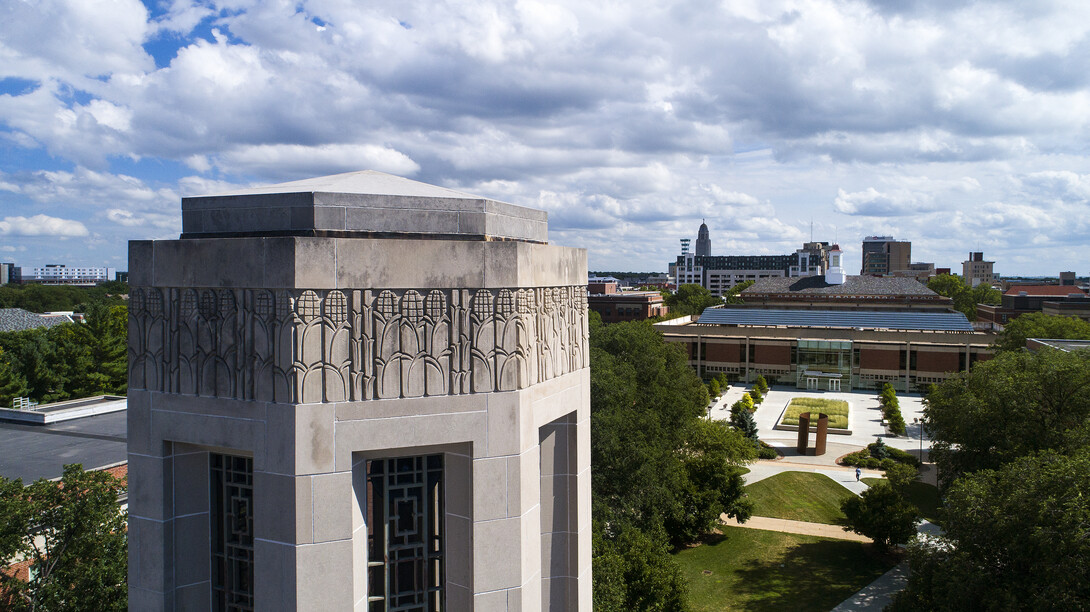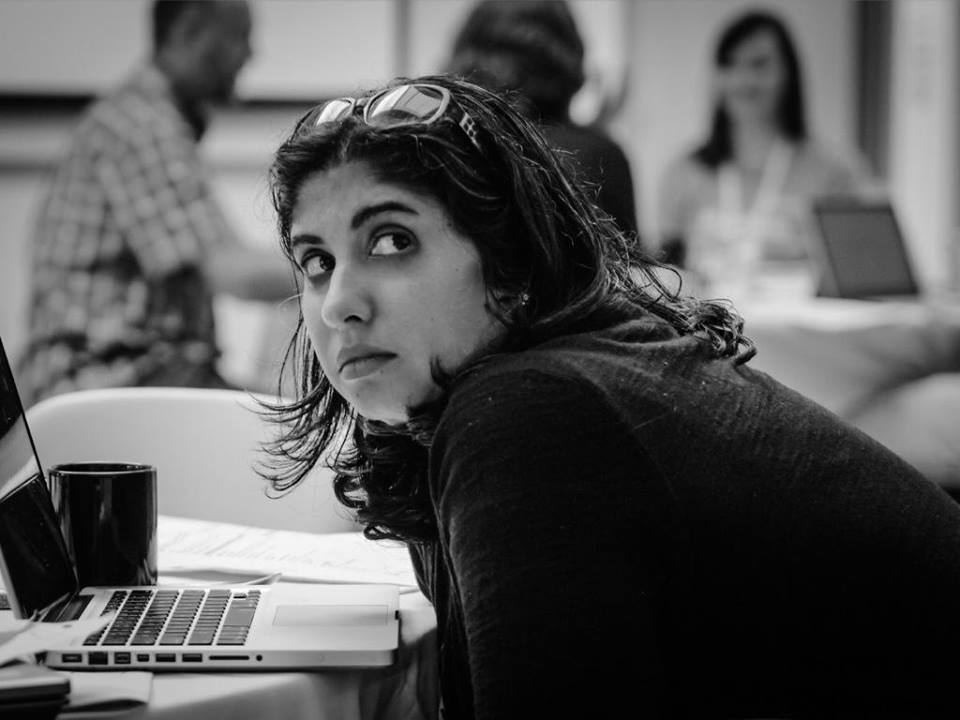
The College of Arts and Sciences’ Digital Humanities Program is launching an annual lecture that will bring a new voice and fresh perspective to campus each year.
Roopika Risam, assistant professor of English at Salem State University, will give the inaugural “Uncommon Digital Humanities Critic” invited lecture with her talk, “Lessons from The Digital Black Atlantic: Amplifying Equity and Justice in Public Humanities,” Jan. 31, at 3:30 p.m. in the Bailey Library of Andrews Hall, Room 228. The lecture is free and open to the public.
In her talk, Risam will draw on her experience co-editing “The Digital Black Atlantic” volume for the Debates in the Digital Humanities series to explore the lessons learned from producing a volume on African diaspora in digital form. She’ll discuss how the process of assembling the volume raised critical questions of how to promote equity and justice in digital and public humanities scholarship and touch on topics such as curation, citation and peer review.
Risam’s work explores intersections between postcolonial, African American, and ethnic studies in the United States, and the role of digital humanities in mediating between them. Risam will be a somewhat familiar face on campus, as she was a contributing scholar and panelist for the “New Storytellers: Digital Ethnic Studies” forum at Nebraska in 2018.
Last year, Risam and a set of collaborators gained national attention for their work on “Torn Apart/Separados,” a digital humanities project that used data collected on immigrant detention to document the apparatus of immigration enforcement across the United States and that revealed the vast scale and depth of ICE operations.
Adrian S. Wisnicki, associate professor of English and the digital humanities program coordinator for the college, said the goal of the annual address is to give students and faculty the opportunity to learn from a new scholar each year while hearing about some of the most cutting-edge digital humanities projects.
“Our goal is to bring one scholar to campus per year who is a leader in the field to meet with students and faculty,” Wisnicki said. “It promotes knowledge exchange, but also works to spotlight the exciting digital humanities curricular work already going on at our university.”
Risam will meet with students from two classes and with individual faculty members and students while visiting campus. Wisnicki selected Risam to visit after consulting with the Digital Humanities Curriculum Committee. The committee will soon be starting discussions about next year’s Uncommon DH Critic.








